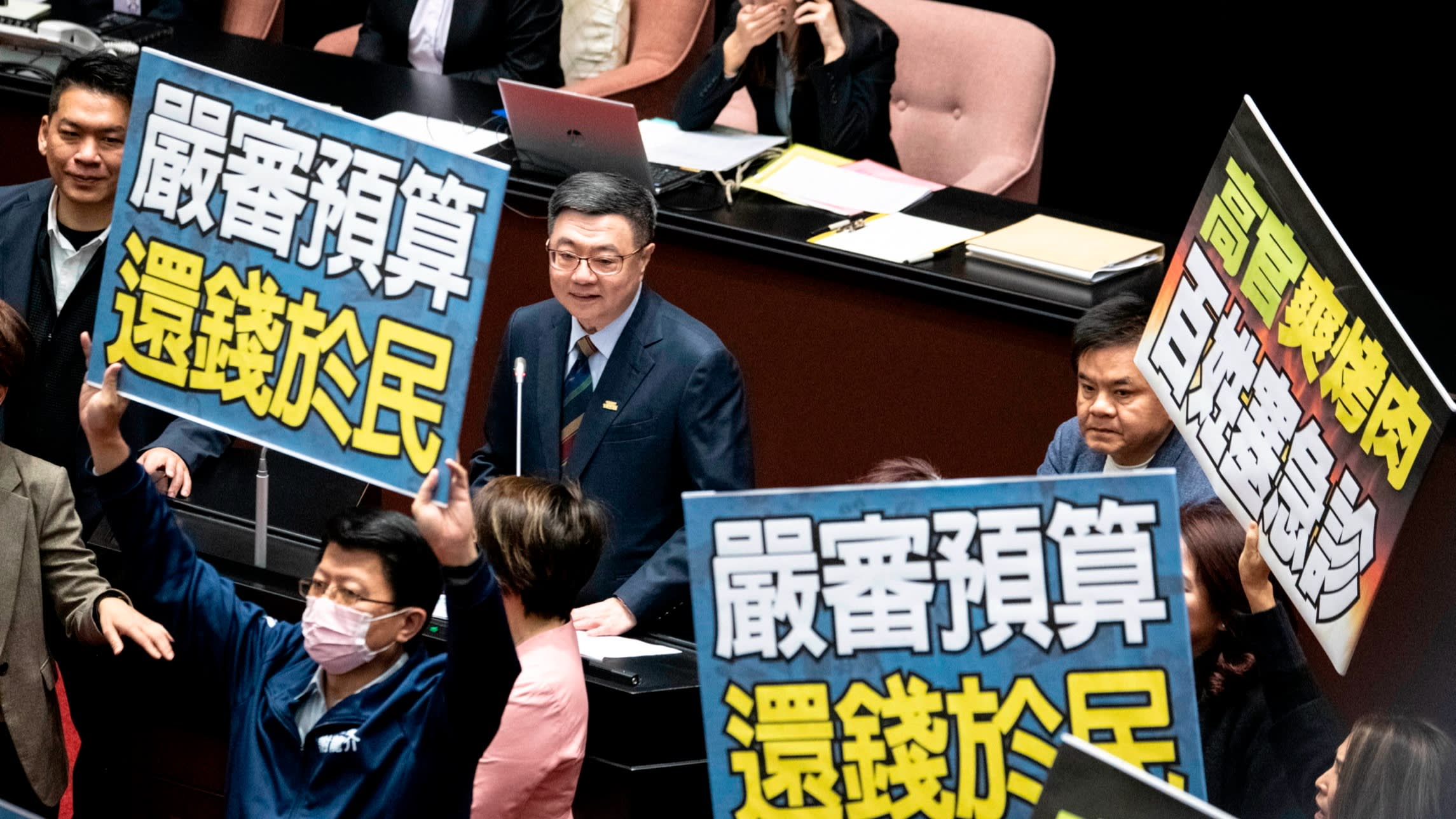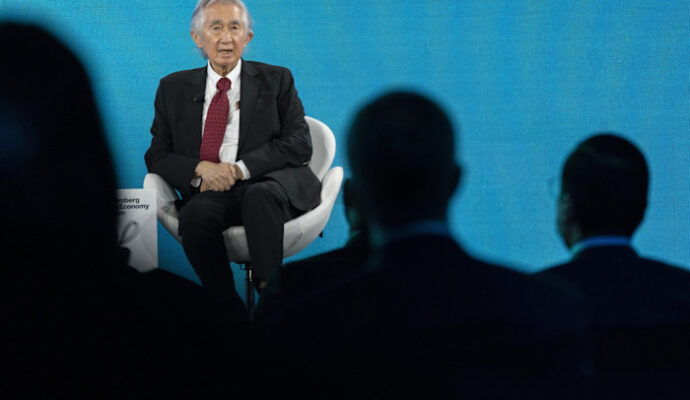
Unlock the Editor’s Digest for free
Roula Khalaf, Editor of the FT, selects her favourite stories in this weekly newsletter.
Almost half of the lawmakers of Taiwan’s opposition Kuomintang will face a vote to remove them from parliament next month, potentially giving President Lai Ching-te’s Democratic Progressive party control of the legislature.
The Central Election Commission on Friday approved recall petitions against 24 of the KMT’s 52 members of Taiwan’s Legislative Yuan and scheduled voting on them for July 26.
The decision could overturn an opposition legislative majority that has hobbled the efforts of Lai’s government to strengthen the country’s defences against China.
While political analysts said it was impossible to predict how many lawmakers would lose the recall votes, the procedure creates a potential opening for the DPP.
Under Taiwan law, a recall vote is held if more than 10 per cent of eligible voters in a legislator’s district back a petition calling for one. The member of parliament will be recalled if than 50 per cent of voters turn out and more than half of those who do vote in favour. A replacement will be determined by a by-election in which the former incumbent cannot run again.
The seats of any recalled lawmakers will be vacant for a short period of time between the recall vote and the by-election. Since the DPP already holds 51 of the 113 seats in parliament, it would temporarily gain a majority if 12 or more of the 24 recall votes are passed. Winning just 6 more seats in by-elections would give Lai’s party legislative control until the next general election in 2028.
The DPP has portrayed the mass recall campaign as a fight against politicians undermining Taiwan’s security from within at a time when China is stepping up its pressure on the country. Beijing claims Taiwan as part of its territory and threatens to bring it under its control by force if Taipei refuses unification indefinitely.
Since Lai took office in May last year, the KMT and the smaller opposition Taiwan People’s party have used their joint legislative majority to block government spending including for defence. They have also redistributed part of the budget from the central to local governments, most of which are KMT-led, and tried to expand parliament’s powers at the expense of the executive while making it difficult for the constitutional court to function.
KMT lawmakers have blamed soaring tension across the Taiwan Strait on Lai’s government while advocating for talks with Beijing, and have proposed legislation that would in effect water down Taiwanese sovereignty. Some DPP politicians and supporters say such moves are helping China to weaken Taiwan.
The KMT has rejected such allegations and said it sought to lower tensions. The party, which had organised its own recall petitions against DPP legislators but failed to win sufficient voter support, criticised the CEC’s decision on Friday as “malicious” and appealed to its supporters to vote against the recalls to oppose what it called “dictatorship”.


